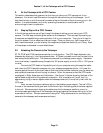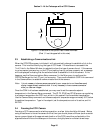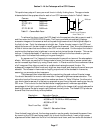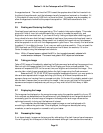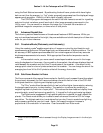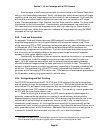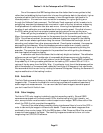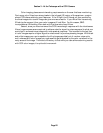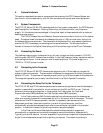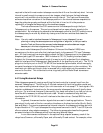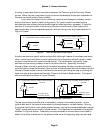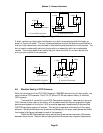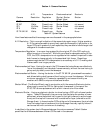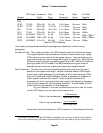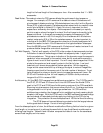Section 3 - At the Telescope with a CCD Camera
Page 22
Color imaging places some interesting requirements on the user that bear mentioning.
First, many color filters have strong leaks in the infrared (IR) region of the spectrum, a region
where CCDs have relatively good response. If the IR light is not filtered out then combining
the three images into a color image can give erroneous results. If your Blue filter has a strong
IR leak (quite common) then your color images will look Blue. For this reason, SBIG
incorporates an IR blocking filter stack with the three color band filters.
Second, since you have narrowed the CCD's wavelength response with the interference
filters, longer exposures are required to achieve a similar signal to noise compared to what one
would get in a monochrome image with wide spectral response. This is added to the fact that
tri-color images require a higher signal to noise overall to produce pleasing images. With black
and white images your eye is capable of pulling large area detail out of random noise quite
well, whereas with color images your eye seems to get distracted by the color variations in the
noisy areas of the image. The moral of the story is that while you can achieve stunning results
with CCD color images, it is quite a bit more work.




